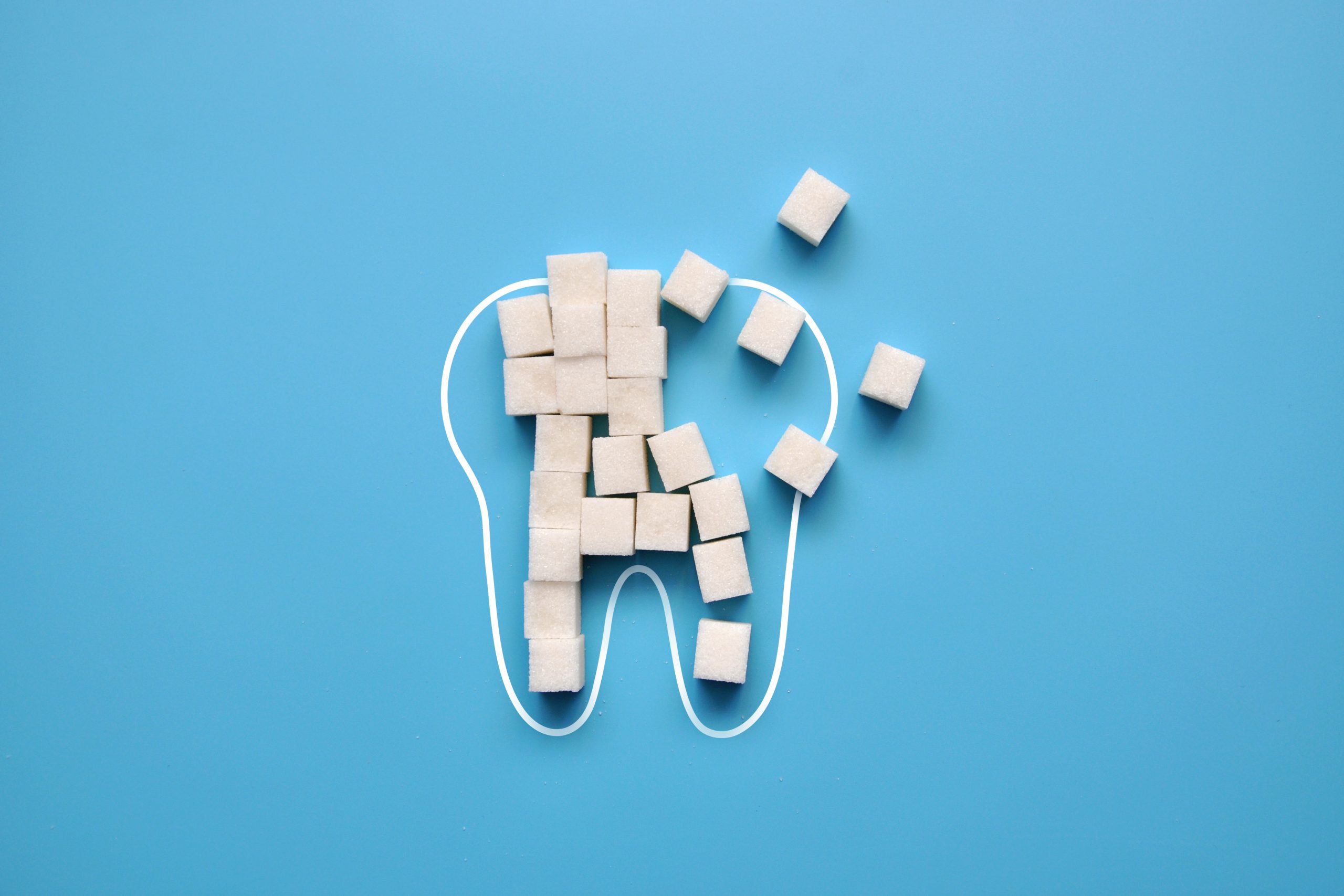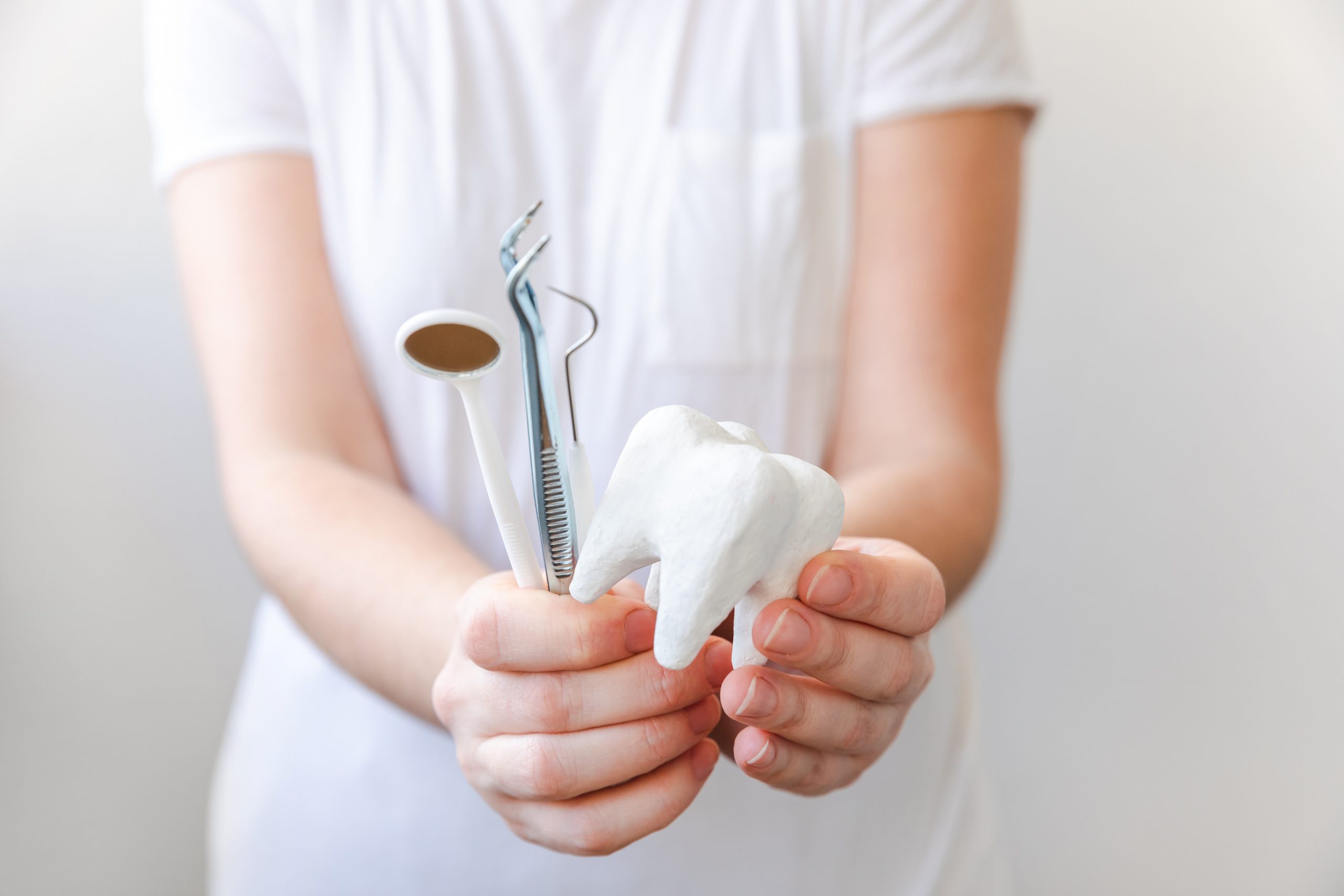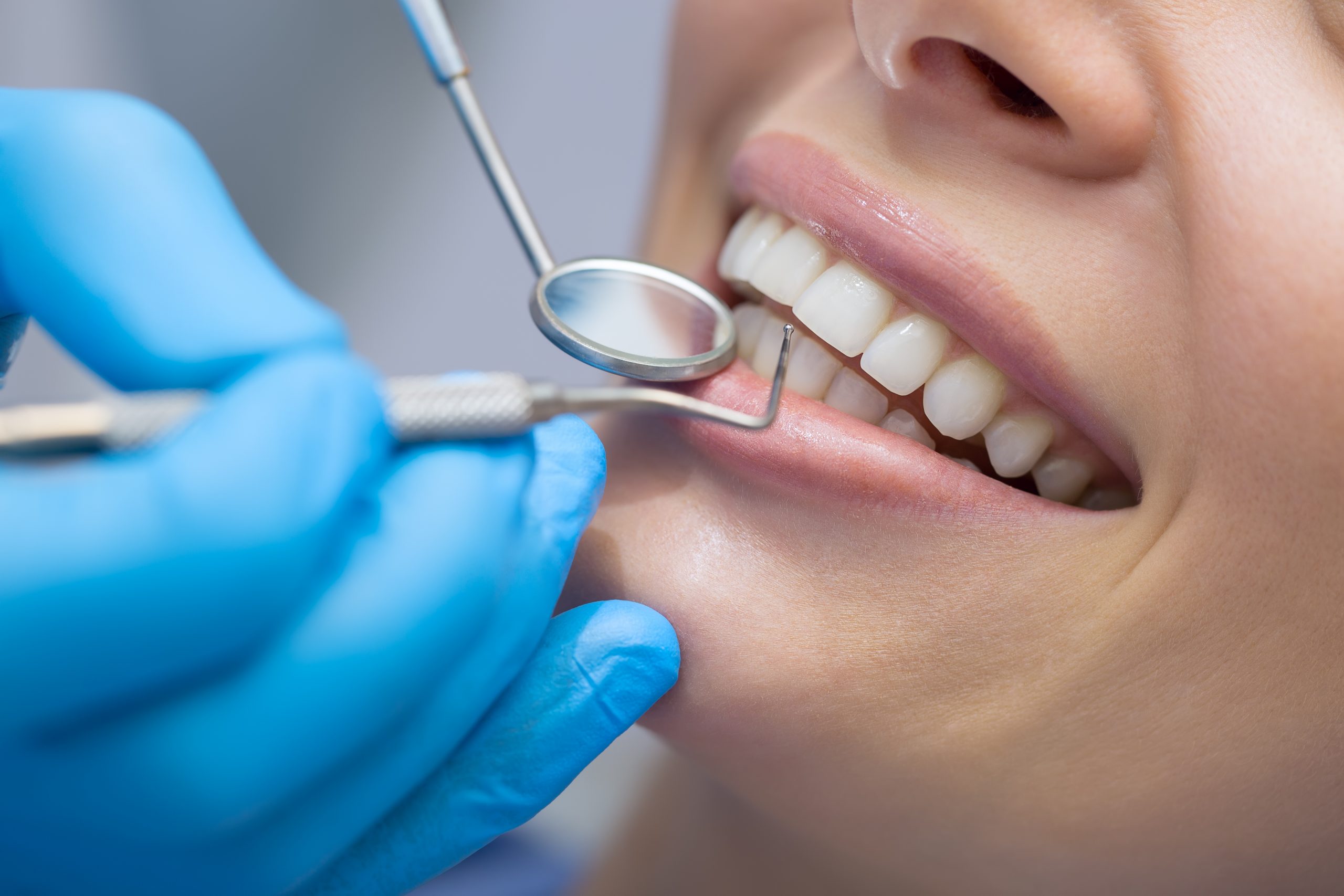When it comes to dental health, one of the most significant factors to consider is the consumption of sugar. Sugar is prevalent in many of our favorite foods and beverages, but its impact on our teeth can be detrimental. In this article, we’ll explore the impact of sugar on dental health and why it’s essential to be mindful of our sugar intake.
- Tooth Decay: Sugar is one of the primary contributors to tooth decay. When we consume sugary foods and drinks, the bacteria in our mouths feed on the sugar and produce acids as a byproduct. These acids attack the enamel, the protective outer layer of our teeth, leading to the breakdown of minerals and the development of cavities. The more sugar we consume, especially in the form of sugary snacks and beverages, the higher the risk of tooth decay.
- Acidic Environment: Not only does sugar directly contribute to tooth decay, but it also creates an acidic environment in the mouth that further damages tooth enamel. Acidic foods and drinks, combined with sugar, erode the enamel and weaken the teeth over time. This acidic environment makes the teeth more susceptible to cavities and other dental problems.
- Plaque Formation: Sugar plays a crucial role in the formation of plaque, a sticky film that forms on the teeth. The bacteria in our mouths thrive on sugar, and when they consume it, they produce plaque. Plaque can accumulate on the teeth and along the gumline, promoting the growth of harmful bacteria and leading to gum disease if not properly removed through brushing and flossing.
- Increased Risk of Gum Disease: Excessive sugar consumption can also increase the risk of gum disease, such as gingivitis and periodontitis. The bacteria in plaque produce toxins that irritate the gums, causing inflammation and swelling. Over time, if left untreated, gum disease can progress and result in gum recession, bone loss, and even tooth loss. Maintaining a low-sugar diet and practicing good oral hygiene are crucial for preventing gum disease.
- Dental Erosion: Sugar, especially when combined with acidic foods and drinks, can cause dental erosion. Dental erosion is the loss of tooth enamel due to the acids in the mouth. This can lead to tooth sensitivity, discoloration, and weakened teeth. Limiting sugar consumption and avoiding acidic beverages like soda and fruit juices can help protect tooth enamel and prevent dental erosion.
- Overall Oral Health: The impact of sugar on dental health extends beyond tooth decay and gum disease. Excessive sugar consumption can also contribute to bad breath, dry mouth, and the development of oral infections. Additionally, a diet high in sugar is often associated with poor nutrition, which can further compromise oral health and overall well-being.
- Prevention and Maintenance: To minimize the impact of sugar on dental health, it’s essential to practice good oral hygiene habits. Brushing your teeth twice a day with fluoride toothpaste, flossing daily, and visiting your dentist regularly for check-ups and cleanings are vital steps in maintaining optimal dental health. Additionally, making conscious choices to reduce sugar intake, opting for healthier snacks and beverages, and rinsing your mouth with water after consuming sugary foods or drinks can help mitigate the effects of sugar on your teeth.
In conclusion, sugar can have a significant impact on dental health, contributing to tooth decay, gum disease, dental erosion, and other oral health problems. Being mindful of your sugar intake, practicing good oral hygiene, and making healthier dietary choices can help protect your teeth and maintain optimal dental health. By reducing sugar consumption and adopting a balanced approach to oral care, you can enjoy a healthy smile and promote long-term dental well-being.












